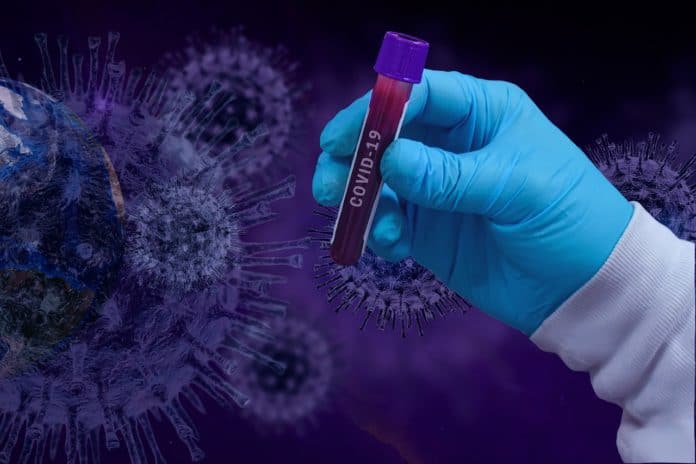NEW DELHI: One of the few countries to have tamed the novel coronavirus with aggressive testing and contact tracing, South Korea is turning out to be an important source of medical supplies for India. The Indian embassy in Seoul Monday signed an agreement for supply of 5,00,000 rapid test kits from a South Korean company to the ICMR.
The kits will be delivered in 4 separate consignments, the first of which will reach India April 30. India’s ambassador to South Korea Sripriya Ranganathan said the procurement will help scale up the availability of tests which is a “big weapon’’ in the fight against Covid-19.
“It’s not a buyer’s market but the goodwill which India enjoys with the South Korean government and its people has meant that the manufacturers are much more receptive to our needs and more flexible in meeting our demands,’’ Ranganathan told ToI.
Indian agencies, including central and state governments as also private companies, have in the past few weeks sourced 450,000 tests (RT- PCR and Antibody) from various Korean companies.
Also read: No trace of virus in imported raw material
Ranganathan said all procurement is certified for export and subject to quality checks. “These have been found suitable for use by the ICMR,’’ she said. The company with which the embassy has signed the agreement is sourcing raw materials for production of the diagnostic testing kits from India, a collaboration described as a tribute to the special strategic partnership between the 2 countries.
While South Korea has a 13,000-strong Indian community, not even one has tested positive for Covid-19. The country which had maximum number of infections in Asia after China has now seen daily increase in cases fall to single digits.
On what India can learn from the Koreans, apart from ramping up testing and contact tracing, Ranganathan said it was important to focus equally on treatment and believing in traditional and alternative ways of boosting immunity.”This is a country of 52 million people. The challenges faced by both countries are very different. But proper treatment has meant a very low mortality rate,” she said.
On testing, Ranganathan said it wasn’t that the Koreans from the start had the option of walking up to a hospital and getting themselves tested. “It was also very expensive initially but they built up their capacity over a period of time by making tests available. Over 2 months, they pumped more tests into their healthcare system and spread the net wide as out agencies are doing now in India,’’ she said.
The Koreans also seem to have had remarkable success with contact tracing. “As soon as a person tested positive, he or she would be asked to come up with a self-declaration about their movement in the few days and it would then be verified by their cell phone data, credit card details, CCTVs and GPS,’’ she said.


